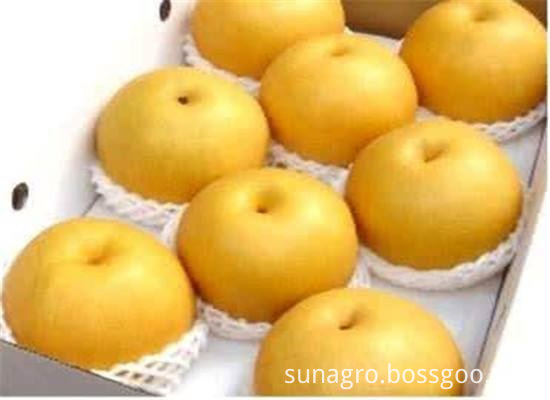Scientific fertilization can quickly supplement the nutrients needed by crops and promote crop growth. However, fertilization is also important. Scientific fertilization needs to avoid the following six minefields. After urea treatment, avoid watering immediately and avoid using water to spread urea. Urea is applied to the soil and converted into amide, which is easy to run off with water. It cannot be watered immediately after application, nor can it be applied before heavy rain, and soil application after application can increase fertilizer efficiency. In addition, the phosphate fertilizer should be concentrated and not spread to prevent it from being fixed. It is best to apply it in the ditch or in the vicinity of the root system. The rare earth micro-fertilizer is applied directly to the soil but it should be used as a seed fertilizer or foliar fertilizer. Ammonium and urea cannot be mixed with urea. The amide nitrogen can not be absorbed by crops. Only under the action of adenosine in the soil, it can be used by crops after being converted into ammonium nitrogen; carbon iron is applied to the soil, resulting in a short period of soil solution. Acidic reaction will accelerate the volatilization of nitrogen in urea, so it can not be mixed application. Ammonium bicarbonate can not be mixed with bacterial fertilizer, because the former will emit a certain concentration of ammonia gas, which is toxic to the active bacteria of the latter, will make the fertilizer lose its fertilizer effect. Acidic fertilizers must not be mixed with alkaline fertilizers such as ammonium bicarbonate, ammonium sulfate, ammonium nitrate, and ammonium phosphate. They must not be mixed with alkaline fertilizers such as grass ash, lime, and kiln ash, and a neutralization reaction may occur, resulting in loss of nitrogen and reduction of fertilizer efficiency. Nitrogen compound fertilizer should not be applied to leguminous crops. Soybeans, mung beans, peanuts and other legumes all have nitrogen-fixing rhizobia. Too much application of nitrogen-containing compound fertilizer will not only cause waste, but also inhibit the activity of rhizobia and reduce its nitrogen fixation. ability. Nitrate-nitrogen fertilizer applied in rice fields will cause ammonium nitrate, sodium nitrate, etc. will dissociate nitrate ions, which can easily be leached to the deep soil in the rice fields, resulting in denitrification and loss of nitrogen; nitrate nitrogen fertilizer applied in drylands is also forbidden to use in heavy rain. Before or after application. Ammonium sulphate avoid long-term use of ammonium sulfate as a physiological acid fertilizer, long-term application in the same soil will increase its acidity, damage the structure of the granules; in alkaline soils, ammonium sulfate ammonium ions are absorbed, and acid ions remain in the soil and calcium A reaction occurs and the soil hardens.
Fresh golden crown pears ripen from July to August and are refrigerated from November to may next year.The pear is delicious, crisp and juicy, sweet and sour, and fragrant.Rich in sugar, protein, fat, carbohydrate and a variety of vitamins, to human health has an important role.Pears have the function of clearing the lung and nourishing the lung.Golden crown pears are very delicious and we offer the best quality for our customers. Please let us know if you need any.
Golden Crown Pear,Fresh Fruit Golden Crown Pear,Fruit Golden Crown Pear,Sweet Golden Crown Pear Jining Sunagro Trade Co., Ltd. , https://www.sunagro-food.com